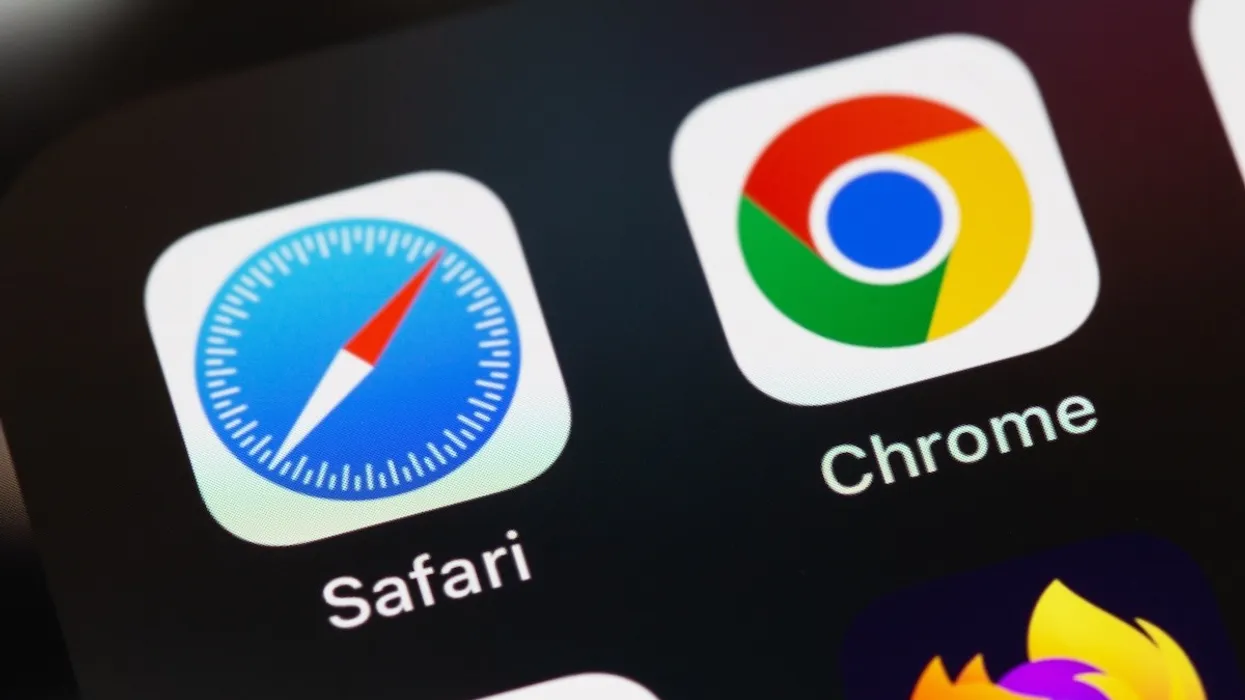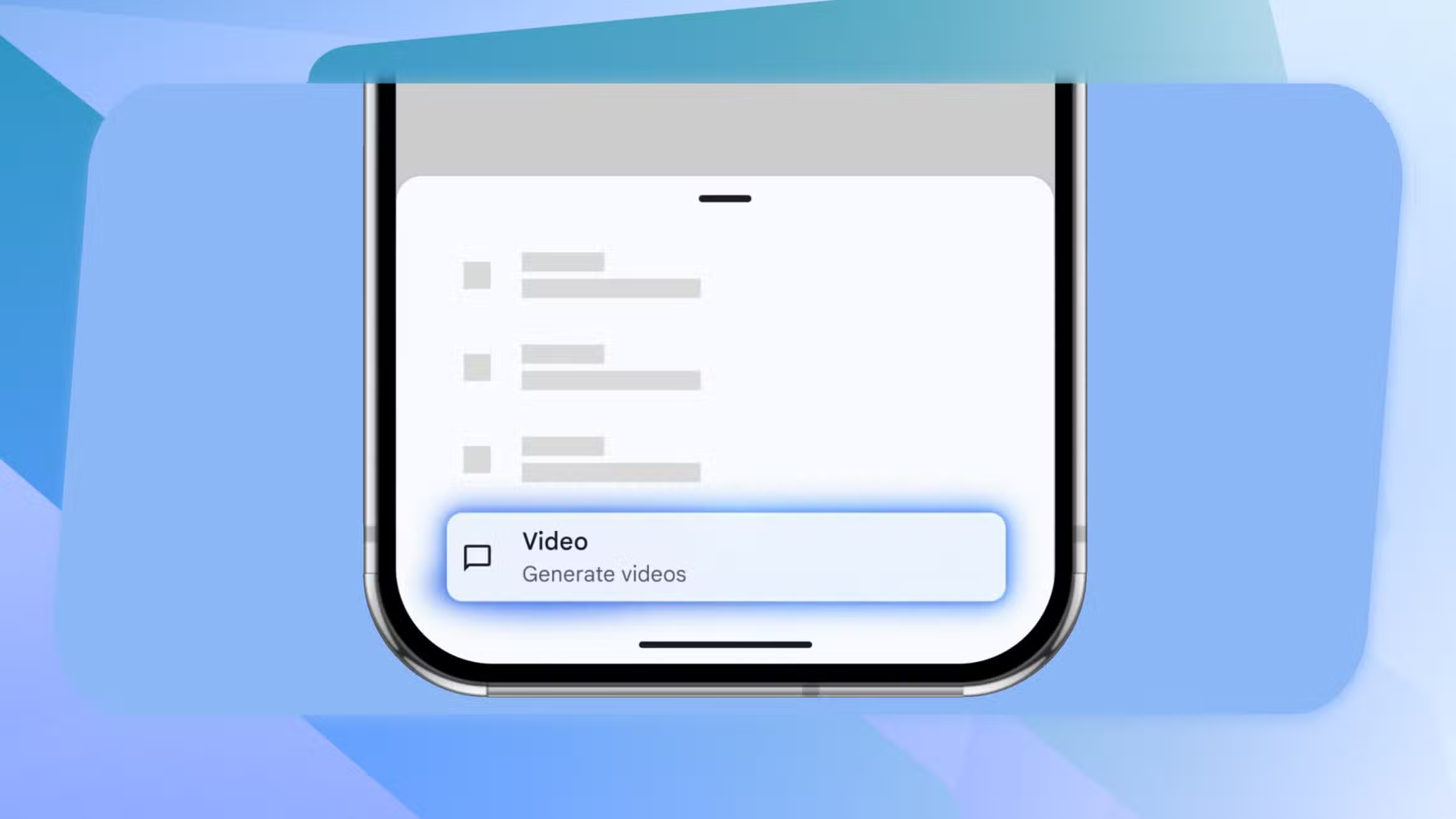Apple is preparing to introduce AI-powered search providers like Perplexity and Anthropic to its Safari browser on iPhone, iPad, and Mac, marking a significant shift in how users may search the web on Apple devices. The revelation came during testimony from Apple SVP Eddy Cue in the ongoing Google antitrust trial, where he stated that Apple is “actively looking at” redesigning Safari to focus on AI search engines—though they may not be set as defaults right away.
Cue’s remarks coincide with a notable data point: he testified that Safari searches declined in April for the first time, suggesting a growing user shift toward AI-driven discovery tools as alternatives to traditional web search. Cue was clear about the broader implications, asserting that providers like OpenAI, Perplexity, and Anthropic will “eventually replace standard search engines.”
However, Google is pushing back. In response to Cue’s statements, a Google spokesperson said the company continues “to see overall query growth in Search,” including “an increase in total queries coming from Apple’s devices and platforms.” Google also pointed to ongoing product innovation, noting that users are engaging with its search engine in new ways—via browsers, the Google app, voice input, and tools like Google Lens.
The backdrop to this debate is a $20 billion-a-year revenue-sharing agreement between Apple and Google, which sees Google remain the default search engine across Safari on Apple devices. That deal is now under scrutiny as part of the U.S. Department of Justice’s antitrust case against Alphabet. If regulators rule against Google, the long-standing arrangement could be dismantled, with major financial and user experience implications for both companies.
By integrating AI search engines into Safari—even if not as defaults—Apple appears to be hedging against this uncertainty. It also reflects a broader strategy shift: rather than building its own full-scale search engine, Apple is partnering with third-party AI developers to power more intelligent, contextual experiences. This includes recent integrations of OpenAI’s ChatGPT into Siri under the Apple Intelligence initiative.
Cue also suggested that for AI search to become a real alternative, providers must enhance their ability to handle general queries and expand their search indexes. While these services aren’t quite ready to replace Google outright, Apple’s openness to alternatives signals a clear intent to diversify—and potentially reduce—its reliance on the current default search partner.
As AI search tools mature and user habits shift, Safari may become a battleground for the future of search—one where traditional keyword results compete with conversational, context-rich responses powered by generative models.





